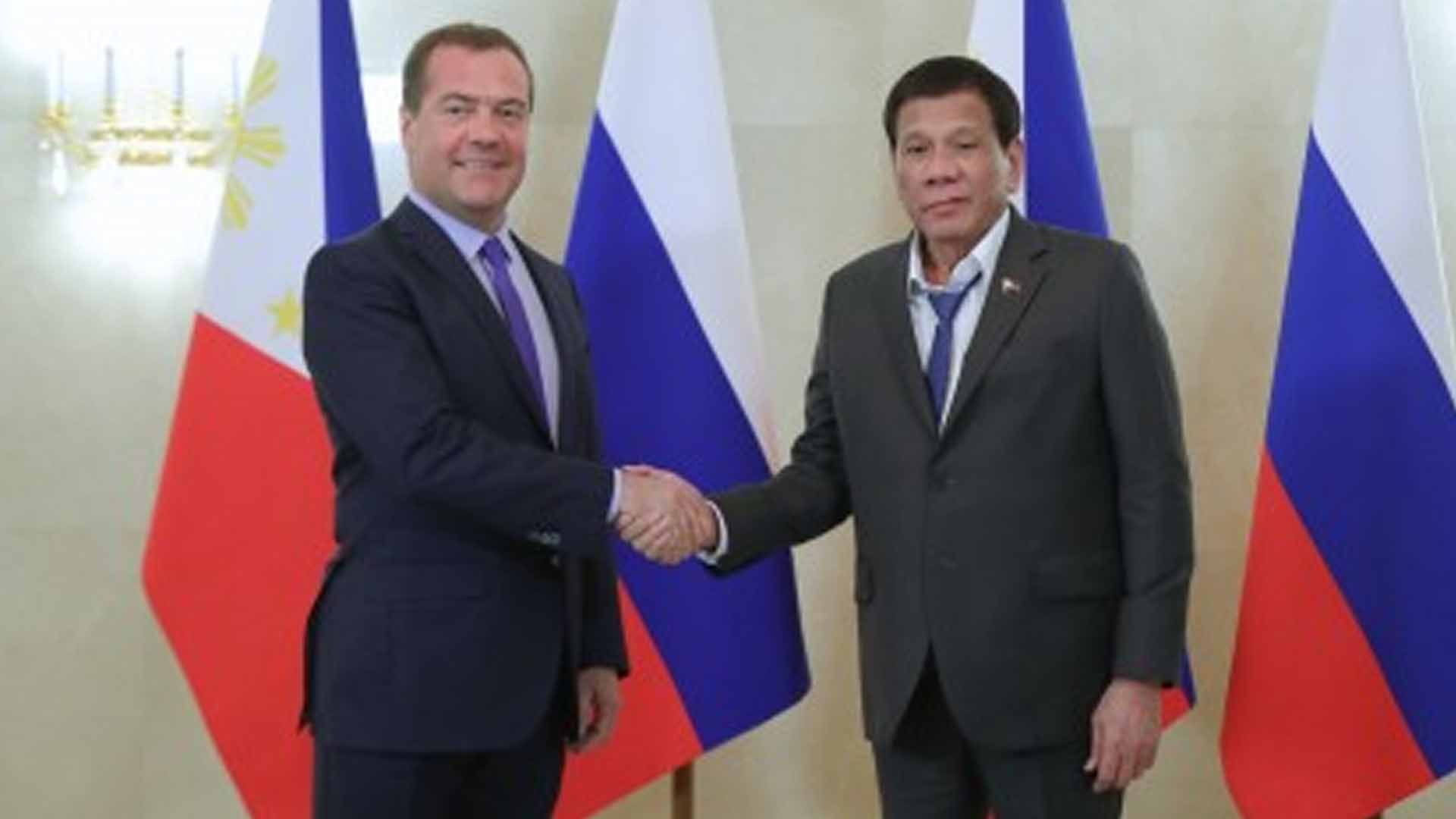With the rise in the number of Filipino workers in Russia, Philippine Ambassador Carlos Sorreta is hoping that the Philippines and Russia would soon strike a bilateral labor agreement to provide them with visas.
“For the past few years, dumami po ang pumupuntang Russia at nagtatrabaho. Dahil walang agreement, kokonti lang ang may legal visa para specific doon sa trabaho nila na caretaker or household service worker (For the past few years, more Filipinos are going to Russia for work. Because there is no agreement, there are very few with legal visas specific for their works such as a caretaker or household service worker),” Sorreta said in a media interview at the Philippine Embassy in Moscow.
“‘Yan po’y maso-solve hopefully with the bilateral labor agreement na tinatrabaho na namin (Hopefully, that will be solved with a bilateral labor agreement we are currently working on),” he added.
Sorreta said he was expecting President Rodrigo R. Duterte to raise the issue on visas in his bilateral meeting with Russian President Vladimir Putin.
“Hopefully the President and I think he will raise it, malaking tulong ho ‘yun sa aming trabaho para maisulong ang isang bilateral labor agreement (It will be a big help for us to push for the bilateral labor agreement),” Sorreta said.
Once a bilateral labor deal is signed, the envoy said that Filipino workers in Russia would be granted legal status. Moreover, he said he would also be pushing for legalization or amnesty for Filipino workers in Russia.
Sorreta said there are currently about 10,000 Filipino workers in Russia with 90 to 95 percent of that number working as nannies or household service workers.
However, he said that only “very few” Filipinos are legally working in Russia because there are only about a hundred legal visas available for nannies and household service workers.
“The rest do not have this visa to work here. But they work here. They are doing very well,” Sorreta said.
Sorreta said that Filipino workers are also faced with the challenge of competing with Russian nannies and household service workers for jobs.
“’Yung trabaho ng nanny at saka household service worker, kayang gawin ng Russian. Meron mga Russians na available and willing to do the work. So medyo hindi mabuksan ‘yung — madagdagan ‘yung criteria ng visa para doon sa mga household service workers or nannies (Russians can work as nannies and household service workers. There are Russians available and willing to do the work. So we’re having trouble opening…adding criteria in the visa for household service workers or nannies),” Sorreta said.
Sorreta cautioned against illegal recruitment as it would lessen the chances of sealing a bilateral labor deal between the Philippines and Russia.
“Huwag muna ho mag-recruit para ho mabigyan kami ng oportunidad na maayos ang status nila dito (Don’t illegally recruit so we would be allowed to fix their status here),” Sorreta said.
“Kailangan kasi natin patunayan sa Russian government na marunong tayo sumunod sa kanilang batas at mas tataas ‘yung trust and understanding para basis para mag-negotiate (We have to prove to the Russian government that we know how to follow their laws and that we have high trust and understanding to be a basis for negotiation),” he added.
The envoy said that the embassy reports every single instance of illegal recruitment or human trafficking to its home office in Manila.
According to him, the embassy has not yet reported a case of an employer physically hurting their Filipino employee but just one sexual assault case they are currently pursuing.
The embassy is also assisting and providing funds for Filipinos in their repatriation. In recent weeks, they have had 17 repatriations to date.
“In terms of the embassy assisting… Kasi nga ho madaming walang (Because there are many without) visa so many decide to go home. So we assist them to exit,” Sorreta sad.
“It’s a violation of Russian law. You’re here undocumented. I don’t want to say illegal. So we have to go through a process para hindi sila ma-detain. Para makaalis (so that they don’t get detained. So that they can leave). So we help them,” he added.
Sorreta, meanwhile, vowed to provide assistance to all Filipino workers in Russia and never turn anyone away.
President Duterte is currently in Russia for a five-day state visit. (PNA)







